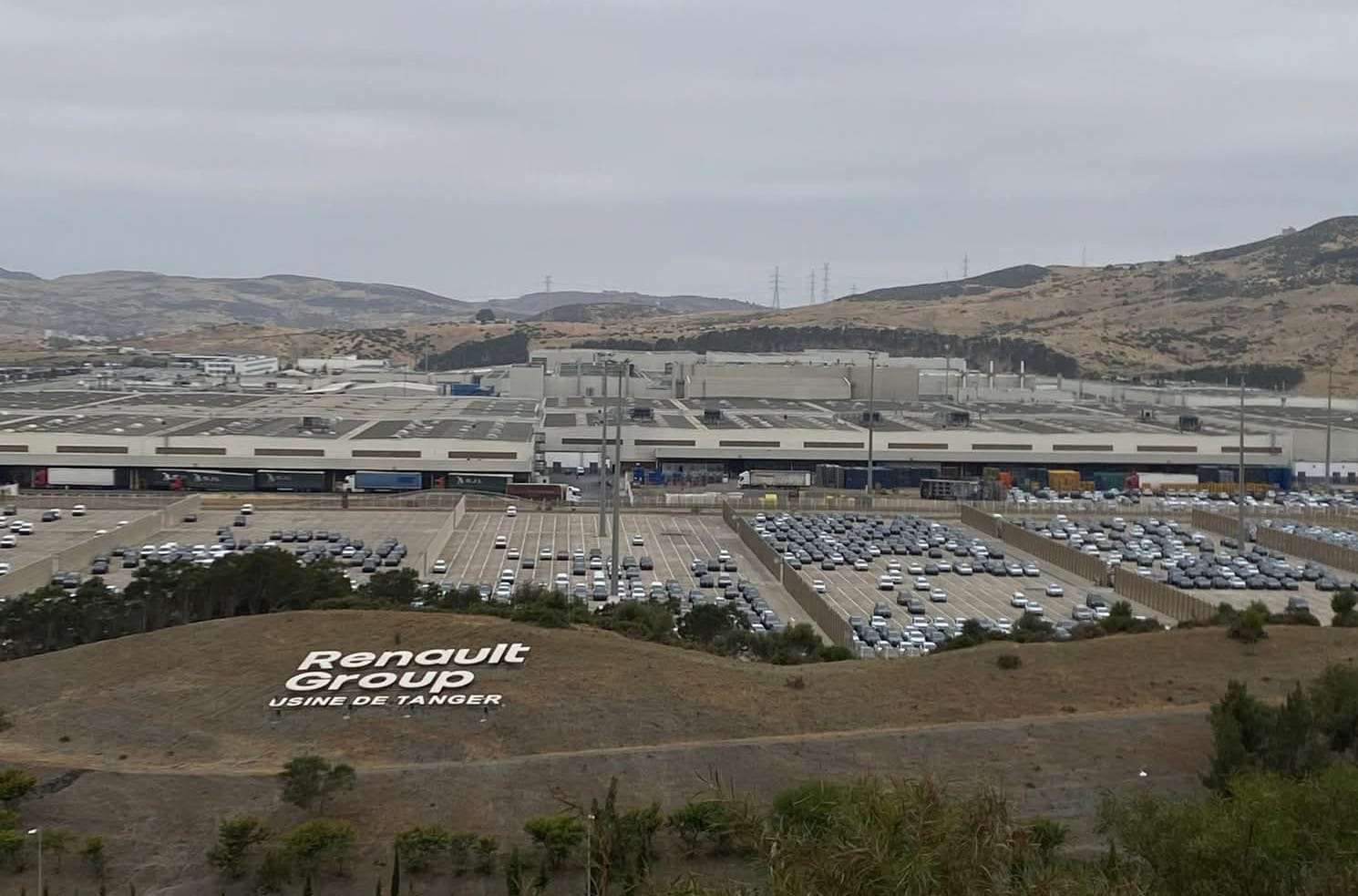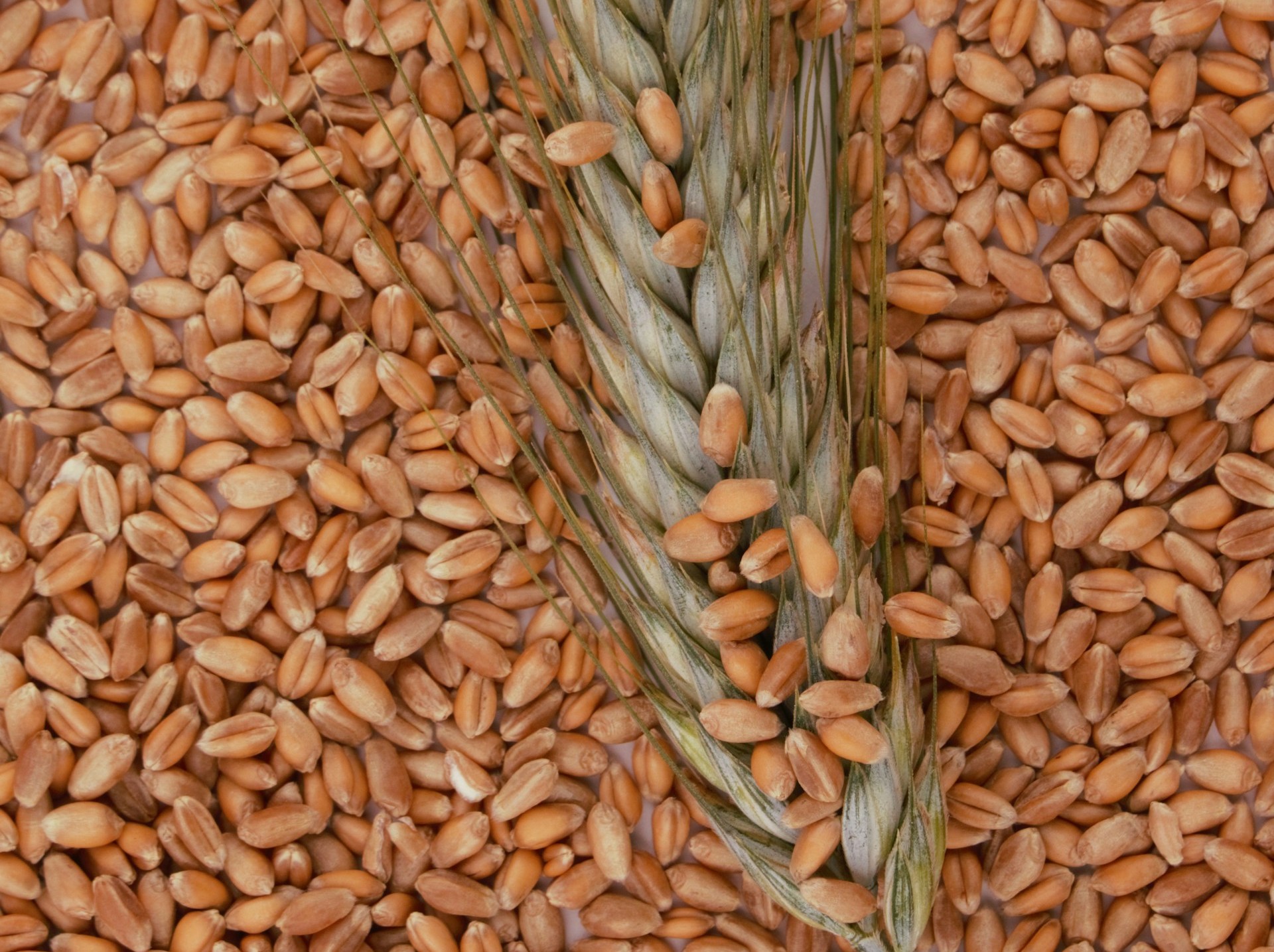Casablanca – Morocco has recorded a significant boost in tax revenues during the first quarter of 2025, marking a robust start to the fiscal year. According to data released by the Ministry of Economy and Finance, total tax revenues reached approximately $9.31 billion by the end of March, reflecting a 21.5% increase compared to the same period in 2024.
This upward trend represents 30.7% of the government’s full-year revenue target outlined in the 2025 Finance Law. The strong performance is attributed to a combination of improved corporate earnings, successful voluntary tax regularization efforts, and better overall tax compliance.
Strong growth in corporate and income taxes
Corporate income tax (IS) was the largest contributor to the overall increase, generating nearly $896 million up 33.8% from Q1 2024. The Ministry attributes this rise to a notable 40.3% surge in spontaneous tax payments, indicating a higher rate of voluntary compliance among businesses.
A key driver of this growth was the increase in adjustment payments, which totaled $691 million, a rise of 53.3% year-on-year. Additionally, the first installment of corporate tax payments for the year climbed to $381 million, up 37.8%. Corporate tax refunds also saw movement, totaling $237 million by the end of March.
Personal income tax (IR) also posted strong figures, with revenues reaching approximately $660 million, up 43.7% year-on-year. The increase is largely credited to a voluntary tax regularization campaign, which alone brought in $392 million by the end of January. Enhanced tax collection efforts by the administration added another $165 million to the total.
Taxes on wages contributed an additional $49 million, indicating a stable growth in employment income and payroll compliance.
Mixed performance in value-added tax
Value-added tax (VAT) revenue grew at a more moderate pace, increasing by $58 million. This figure represents 22% of the annual VAT revenue target.
The overall VAT performance was driven by a $124 million rise in import VAT revenues, up 9.5% from last year. However, this gain was partially offset by a $67 million drop in domestic VAT receipts, marking a 7.4% decline. The contrast reflects changes in consumption patterns and potentially slower domestic demand in certain sectors.
Excise and customs duties also climb
Domestic consumption taxes, known locally as “taxes intérieures de consommation” (TIC), grew by $80 million, or 10.7%, accounting for 21.8% of the annual goal. Most of this growth came from increased levies on energy products, which rose by $79 million, an 18.6% jump compared to Q1 2024.
Customs duties contributed another $49 million, an increase of 14.1%, while revenue from registration and stamp duties added $23 million, up 3%. These streams reported realization rates of 18% and 34.8%, respectively, against their annual targets.
Non-tax revenues also on the rise
In addition to tax collections, non-tax revenues saw notable improvement, reaching $814 million, up 27.3% compared to the $639 million collected in the same period of 2024.
Contributions from state-owned enterprises played a major role in this growth. Bank Al-Maghrib, Morocco’s central bank, transferred $371 million to the treasury, while the National Agency for Land Registry and Cartography added another $103 million.
Refunds and VAT credit settlement
The government also ramped up its tax refunds and credit settlements. Total refunds, including those backed by local governments, more than doubled year-over-year, rising from $454 million to $918 million. This reflects the state’s continued effort to clear backlogs of VAT credits owed to businesses, improving liquidity across the private sector.
Outlook and context
These figures, compiled in the Situation of Treasury Charges and Resources (SCRT) report, offer a comprehensive view of Morocco’s budget execution. Unlike traditional accounting reports, the SCRT aligns with international public finance statistics standards, focusing on economic flows — including revenue, expenditure, budget deficits, and financing needs.
Analysts view the Q1 performance as a positive indicator of Morocco’s fiscal health, especially amid ongoing global economic uncertainties. The strong results are also seen as a testament to the government’s improved tax administration and the country’s resilient economic base.
With nearly one-third of projected annual revenues already secured, Morocco appears well-positioned to finance its development programs and manage its fiscal targets effectively in 2025.
















